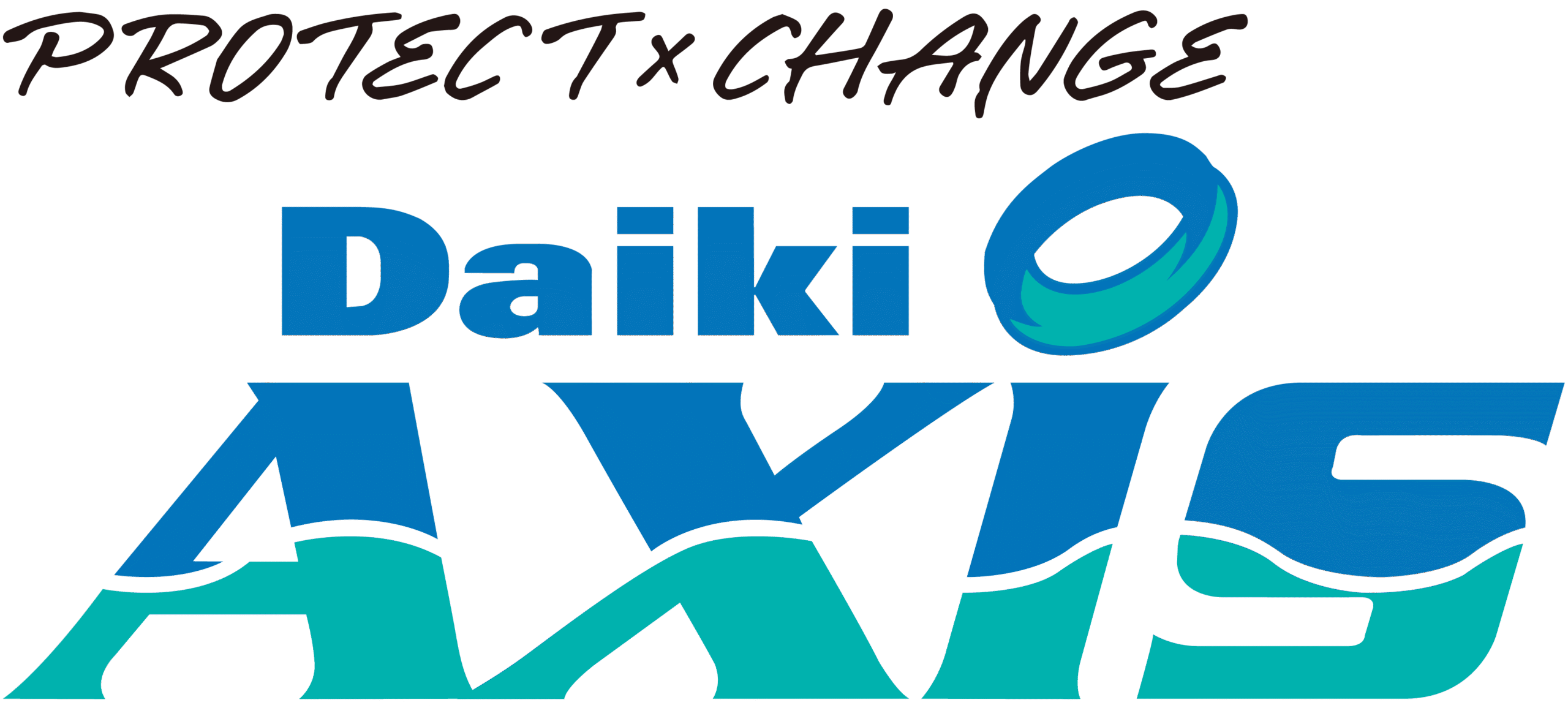Johkasou technology has been gaining popularity in India in recent years as a solution for decentralizing wastewater treatment and reducing the burden on centralized treatment plants. In India, Johkasou systems are used to treat and recycle wastewater from households, commercial buildings, and industries.
One of the main advantages of Johkasou technology in India is its ability to meet the needs of rural and urban areas that may not have access to centralized wastewater treatment plants. Johkasou systems can be easily installed and maintained in these areas, providing a sustainable solution for wastewater management.
In addition to their environmental benefits, Johkasou systems can also provide economic benefits in India by reducing the cost of wastewater treatment and increasing the availability of recycled water. This can be particularly beneficial for industries that rely on large amounts of water, such as constructions, paper mills, or even public parks run by city municipalities.
Overall, Daiki Axis Johkasou technology has the potential to play a significant role in addressing India’s wastewater management challenges sustainably and cost-effectively. Its compact size, low energy consumption, and adaptability make it an appealing option for communities looking to improve their wastewater management practices.
